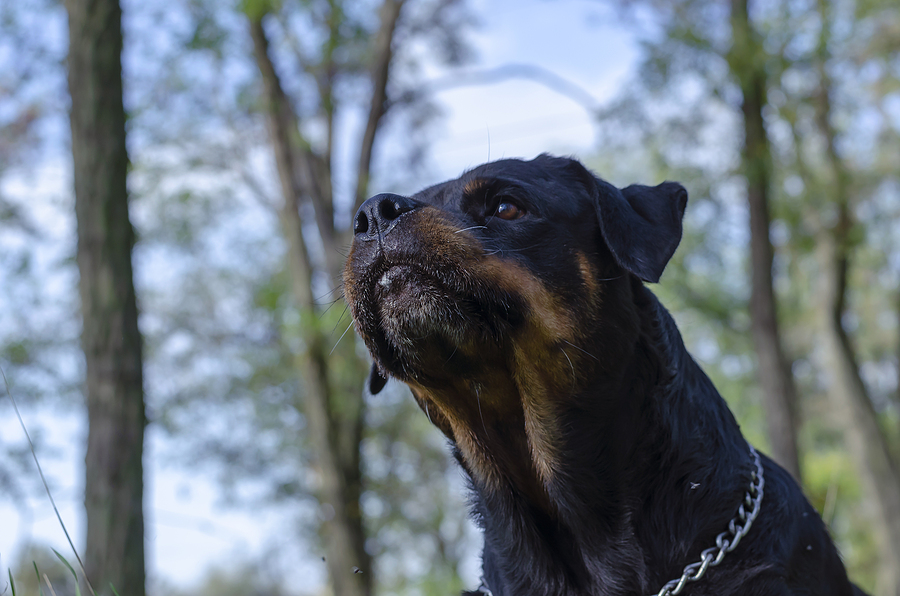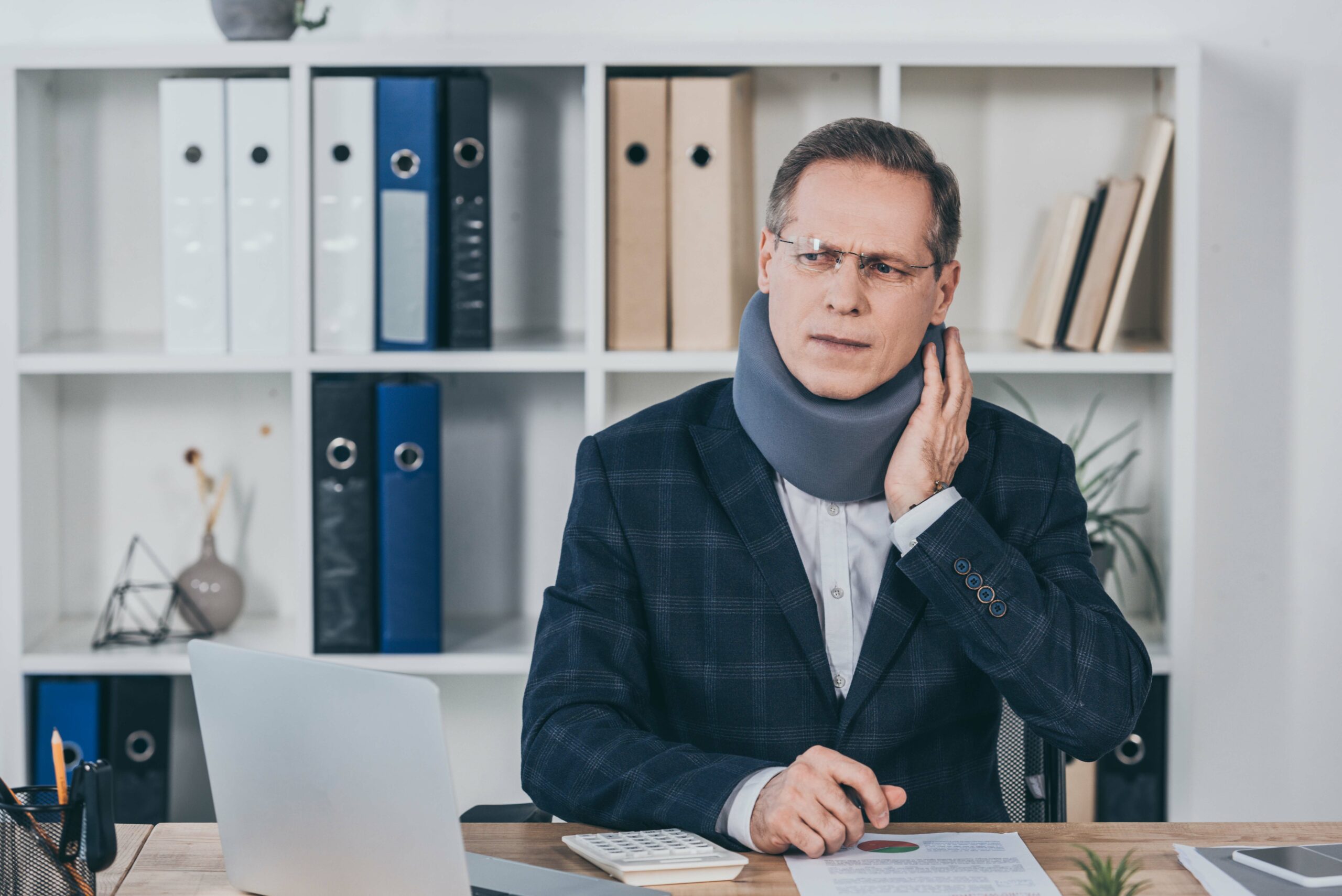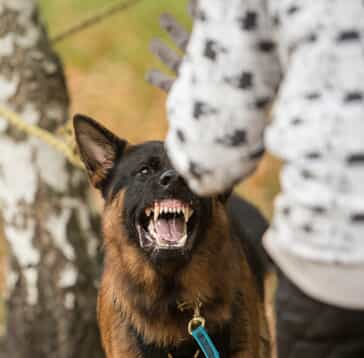While dog owners have a legal responsibility for their pets, learning how to interact properly with dogs is essential these days. It is especially important to teach young children the best practices when around dogs as well. Knowing how to interact with dogs can help keep everyone safe and sound and allow you and those you love to truly enjoy the bond between humans and animals. If you’re unfamiliar with the best practices for dog bite prevention, we hope you’ll find the following rundown of benefits:
- Never pet a dog without asking. You should always ask permission before petting any strange dog, as you have no idea how the animal will react. Some dogs, for example, have never met a child and may find the situation frightening. Other dogs become anxious when meeting new people in unfamiliar environments and can see the movement as an act of aggression. Then, some might simply be training, and your interaction could disrupt their progression. With all the potential injuries a child can sustain, the last thing you want is to be dealing with an avoidable dog bite.
- Never tease a dog. Teasing is an ambiguous term when it comes to dogs. Who hasn’t faked throwing a ball or waving a toy above a dog’s head? However, such “playful” behaviors can lead not only to frustration, stress, or unhappiness for the animal but serious consequences, especially when you don’t know the dog. Avoid teasing to avoid an injury. Understand that even the best dog bite injury lawyer can’t do much for you if you provoke a dog in some way. In most states, the dog owner will not be found liable if the injured person did something to provoke the dog. In Virginia, because of the pure contributory negligence rule, if the injured party was found to be partially at fault, then they are barred from recovering any financial damages.
- Never run at a dog. There’s a right way and a wrong way to approach a dog. Running at the animal would fall into the latter. Much like petting a dog without permission, the movement can be seen as an act of aggression. It can also frighten the animal. If the dog appears uncomfortable, it’s often better to allow the dog to approach you should you want to meet the animal. If they hang back, it indicates that they’re just not in the mood.
- Never offer an open hand. If a dog does decide the timing is right to meet you, resist the urge to reach out and pat the animal on the head. Instead, slowly present the back of your hand (with your fingers curled under) so the dog can give you a quick sniff. Better yet, adjust your body language to appear friendlier by turning slightly to the side before slowly presenting the back of your hand. A head-on approach can be threatening.
- Never run from a dog. For many people, instinct can easily kick in upon seeing a stray or loose animal — dogs included. Don’t run, however. The movement will make the dog more likely to chase you and even attack. Stand still and keep your hands close to your sides. If the dog stops charging, you should slowly begin backing away, making sure to avoid eye contact. Eye contact can be seen as an act of aggression. Just because you know how to interact with a dog appropriately doesn’t necessarily guarantee that all will go smoothly. Barring provocation or trespassing, the owner is generally responsible for the dog’s actions toward another individual. Talk to a lawyer for dog bites if an interaction with an animal results in an injury. A legal professional can best determine whether you have a case and ensure that you are properly compensated for your injuries, which includes your medical bills, lost wages, and pain, suffering, and inconvenience.
Dog Owner Liability
Though this should go without saying, all pet owners are legally responsible for preventing their animals from injuring people and causing damage to property. The dog owner will be held liable for damages to the individual attacked for the physical injuries. In most cases, however, the injured party must prove that the dog wasn’t provoked. The judge isn’t just going to take the person’s word. You may be found liable if:
- You were negligent in any way
- Your dog has a history of undesirable behavior
- Strict liability dog-bite laws apply as they do in Virginia with the One Bite Law
No one wants to consult a lawyer for dog bite, so always abide by the best practices for dog bite prevention. If you’d like more information or have been injured by a dog, please don’t hesitate to contact Huffman & Huffman Brothers-in-Law or check our dog bite blog. Our firm has over five decades of experience in personal injury claims, including dog bites and related injuries. Because of Virginia’s strict contributory negligence laws, it’s even more important to consult with an attorney with dog bite litigation experience to ensure that you are fully and fairly compensated by the dog owners insurance company. Let our family help your family.
 Text Us
Text Us  Call Us
Call Us 







